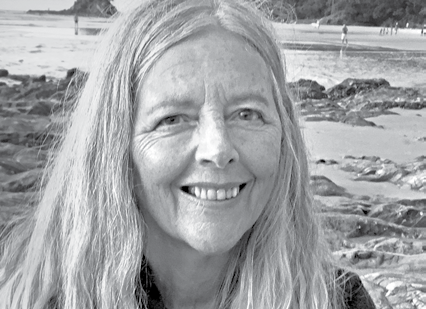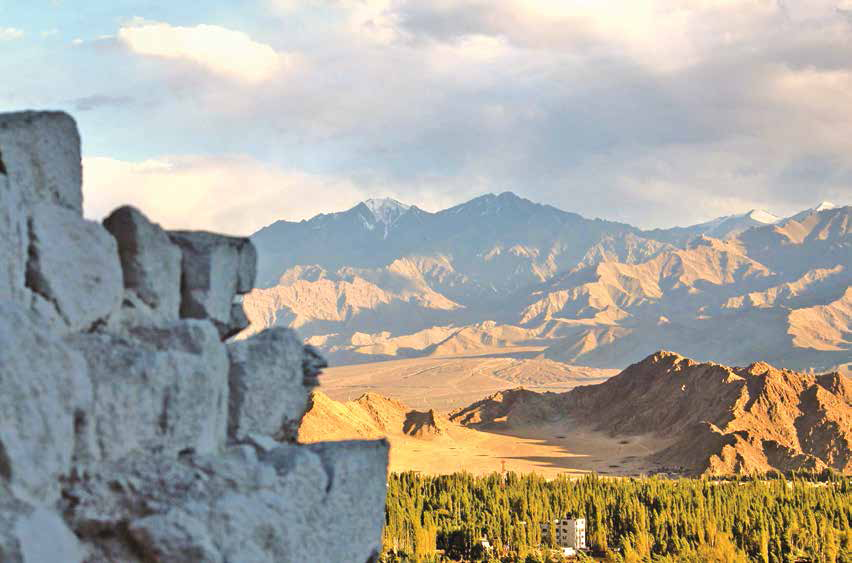Theory & Discourse
On Development and Designing for a Localised Future for Ladakh |
Helena Norberg-Hodge
LA 60 |
|
| Author, Filmmaker and Founder-Director of 'Local Futures', Helena Norberg-Hodge, talks about how the process of modernisation has been increasingly destructive to Ladakh and its community in many ways over the last couple of years. Today, however, designers and the youth play a key role in the effort to reconnect with the almost-lost Ladakhi culture and striving towards a sustainable future balanced between the urban and the rural.
|
|
 |
|
When I first arrived in Ladakh in 1975, I felt as though I had discovered
paradise. Never before had I experienced a culture so beautiful and
harmonious, nor had I ever encountered people who seemed so deeply
at peace with themselves. In Ladakh at that time, I saw how self-reliant, landbased village economies supported a web of interdependent relationships between individuals, and between people and the natural world. These longlasting connections were the foundation for a deep sense of security and selfrespect,which in turn translated into a remarkable openness, tolerance and humility, and an irrepressible joie de vivre.
For the past forty-five years, however, Ladakh has been undergoing a dramatic process of change, to such an extent that it is now classified as one of the most rapidly ‘developing’ districts of India. Although it is made to sound like an evolutionary, almost unstoppable force, ‘development’ is, in fact, a process of planned change, imposed by specific economic policies, and underpinned
by a western, materialistic mindset.
In Ladakh, the conventional development formula has involved the building up of highly centralized, urbanizing infrastructure. Roads, for example, were built not to facilitate increased exchange and accessibility between villages, but to plug each village into the influence of the global economy. Highly subsidized, mass-produced commodities—including fossil fuels, processed foods and concrete—were funnelled from Delhi, Jammu, Kargil and Leh to almost
every village of Ladakh. The food, made artificially cheap by layer upon layer of subsidies skewed towards supporting large-scale production and long-distance trade, undermined local agricultural livelihoods and destabilized the entire village-based economy. What’s more, television, schoolbooks and tourism purveyed a one-dimensional, glamorized impression of the urban consumer culture, and made village life seem backward and pitiful by comparison.
Propelled by the resulting sense of lack and inferiority, and by the pressure to make enough money to acquire the new consumer ‘essentials’, many people have left the villages in search of scarce jobs in the modern sector. The towns of Leh and Kargil have swelled enormously and sprawled into the desert, disconnected from the resources around them, and all but devoid of the community relationships that made Ladakhi village life so rich.
|
|


|
|

|
|
|
|
|